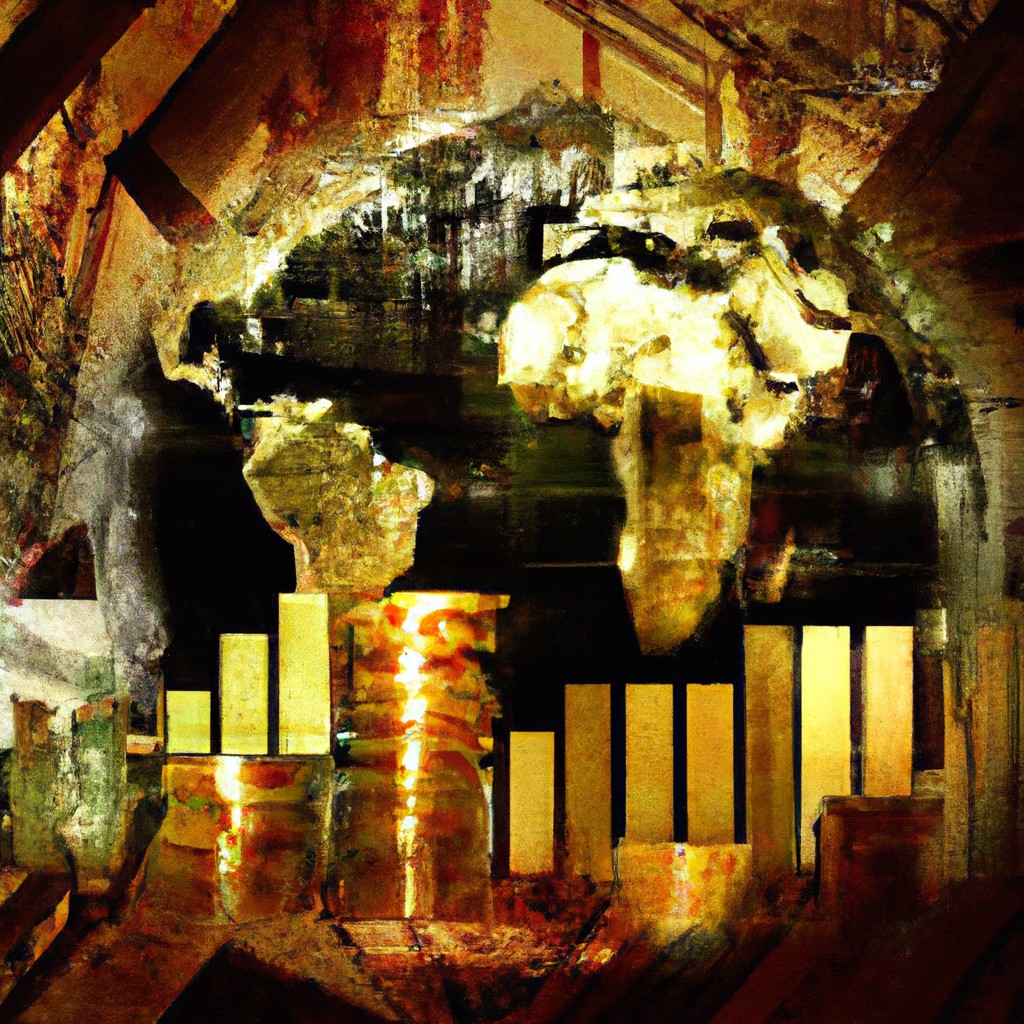Types of inflation

Inflation is a broad concept, encompassing different types that impact economies worldwide. Demand-pull inflation occurs when consumer demand surpasses production capacity, driving prices up. Cost-push inflation results from increased business expenses being passed onto consumers. Built-in inflation involves wage increases leading to higher prices, creating a cycle of rising costs. Hyperinflation causes rapid and extreme price hikes, disrupting economic stability and eroding purchasing power. Structural inflation refers to persistent price increases due to underlying economic factors. Understanding these various types of inflation is crucial for policymakers and individuals alike to navigate and mitigate their effects on financial well-being and overall economic health.
Read more
Measures to control inflation

Inflation can be lowered by reducing government spending and increasing interest rates. This regulates demand by making borrowing costlier. Governments can also manage inflation through supply-side policies like improving productivity and reducing trade barriers. Adjusting exchange rates can influence import prices and curb inflation. Wage freezes have been used historically to combat rising prices. Public confidence and expectations play a crucial role in controlling inflation. Implementing transparent monetary policies can help anchor inflation expectations. Social welfare programs should be targeted to avoid excess government spending and inflationary pressures. These measures collectively work towards stabilizing prices and fostering economic stability.
Read more
Impact of inflation on the economy

Inflation affects the economy by reducing purchasing power, eroding savings, and distorting investment decisions. Rising prices strain household budgets, leading to a decline in consumer spending. Businesses face higher production costs, resulting in reduced profitability and potential job losses. Inflation can also create uncertainty and volatility in financial markets, making it difficult for individuals to plan for the future. Central banks often use tools like interest rate adjustments to control inflation, but these actions can have unintended consequences. Overall, inflation's impact on the economy is complex and multifaceted, requiring careful monitoring and management to ensure stability and growth.
Read more
Effects of inflation

Inflation affects the purchasing power of consumers, making goods and services more expensive. This can lead to reduced savings as money buys less over time. People on fixed incomes or with low wages find it harder to make ends meet. Businesses may struggle with rising costs, leading to potential job losses. Economic uncertainty grows as inflation erodes confidence in the stability of the currency. Social inequalities can widen as those already struggling face the brunt of price increases. Overall, inflation can disrupt the economy, impacting individuals, businesses, and society as a whole. Economic policies play a crucial role in managing inflation effectively.
Read more
Causes of inflation

Inflation can be triggered by excessive demand for goods and services. The cost-push effect occurs when production costs rise, leading to higher prices. External factors like an increase in oil prices also contribute to inflation. Monetary policies can influence inflation by increasing the money supply. Additionally, expectations of future price increases can drive current inflation rates. Inflation may result from wage increases that are not matched by productivity gains. Speculation in financial markets can cause prices to rise and inflation to occur. Overall, multiple factors, such as demand, costs, external shocks, and policy decisions, can all contribute to inflation.
Read more
inflation

Inflation is a rise in the general level of prices for goods and services in an economy over a period of time. It erodes the purchasing power of money and affects consumers' ability to afford essential items. When prices increase, people might have to cut back on their spending or search for cheaper alternatives. This can lead to reduced living standards and economic hardship for individuals and families. Additionally, inflation can have negative impacts on businesses, as it increases production costs and reduces profit margins. Therefore, it is crucial for governments and central banks to implement appropriate monetary policies to control inflation and maintain stable economic conditions.
Read more












